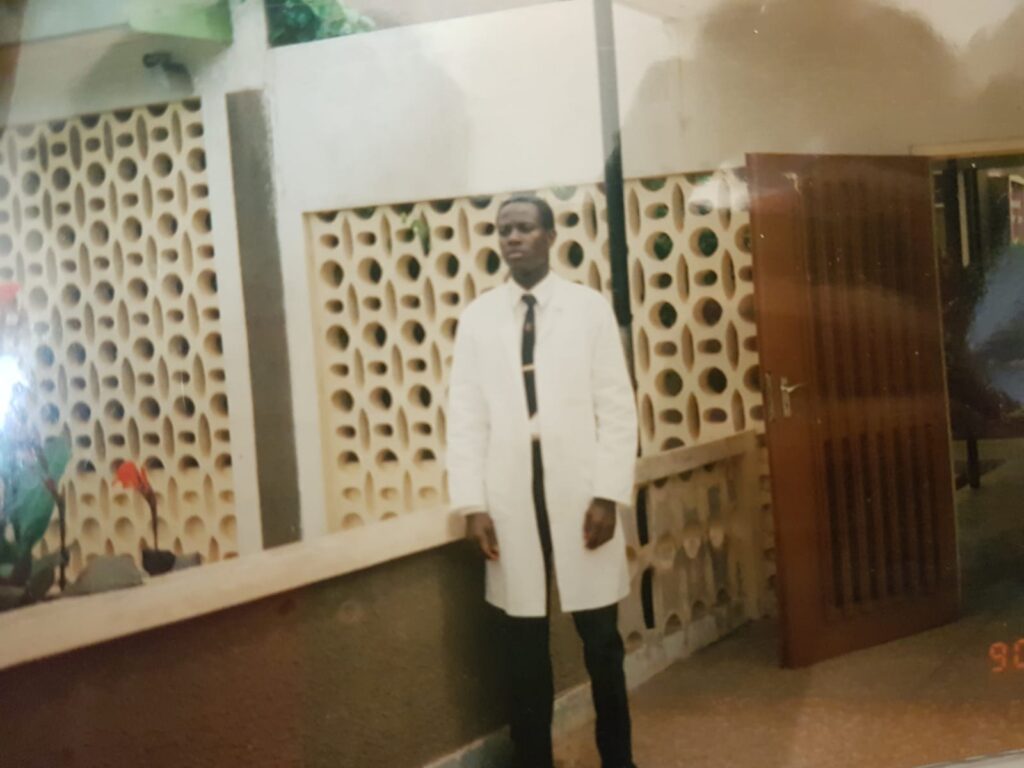Matthew 5:7-“Blessed are the merciful: for they shall obtain mercy”. (NKJV)
Think back to a moment when someone extended mercy to you.
Maybe you missed a deadline at work, but your boss gave you another chance. Maybe you betrayed a friend’s trust, but they forgave you anyway. Maybe you said something you shouldn’t have, but instead of cutting you off, they chose to understand you. Mercy has a way of stopping us in our tracks, softening our hearts, and transforming the way we see the world.
Jesus, in His Sermon on the Mount, captured this beautifully in a single sentence:
“Blessed are the merciful, for they will be shown mercy.”
— Matthew 5:7 (NIV)
This isn’t just a warm sentiment. It’s a spiritual truth rooted in the very heart of God. Mercy is not a loophole in God’s justice; it’s the bridge between justice and love. It’s what makes room for healing in places where judgment could have fallen like a hammer. Amen.
WHAT MERCY REALLY LOOKS LIKE
Mercy is more than just letting someone off the hook. It’s compassion in action. It’s forgiveness when bitterness seems justified. It’s understanding when you’ve been wronged. It’s choosing love over retaliation. And the thing about mercy? It costs something. It’s not weakness—it’s strength wrapped in tenderness.
But here’s the deeper layer: Jesus doesn’t just bless mercy as a virtue, He embodies it. He lived mercy. He looked into the eyes of the broken, the accused, and the outcast and extended compassion every time. He didn’t just talk about mercy from a distance; He bled for it.
The cross is the ultimate picture of severe mercy. Jesus bore the weight of what we could never carry and withheld the judgment we rightfully deserved. Not because we were good, but because He is good.
“But God is so rich in mercy, and he loved us so much, that even though we were dead because of our sins, he gave us life when he raised Christ from the dead.”
— Ephesians 2:4–5 (NLT)
God’s mercy is not soft or sentimental. It’s fierce, costly, and life-changing. It rescues. It redeems. And it invites us to become channels of that same mercy to others.
BECOMING PEOPLE OF MERCY
Mercy isn’t always easy. Sometimes it feels impossible—especially when the wounds are deep or the offense feels intentional. But the invitation remains: Be merciful, as your Father in heaven is merciful.
This doesn’t mean enabling harmful behaviour or ignoring justice. It means releasing others from the prison of your judgment, just as God has released you from His. It means choosing compassion over condemnation—not because they deserve it, but because you’ve received it.
We don’t give mercy to earn God’s favor. We give mercy because we live in the overflow of His. The more we experience His mercy, the more it reshapes our own capacity to forgive, to empathize, and to extend grace.
MERCY IN A WORLD THAT DEMANDS PAYBACK
In a culture obsessed with keeping score, seeking revenge, and calling out every offense, mercy is a revolutionary concept. It’s countercultural. And yet, it is the way of Jesus.
The merciful are not weak, they are courageous. They see brokenness and move toward it with compassion. They absorb pain and choose peace.
And Jesus says they will be shown mercy. Not just one day in eternity, but even now. In the act of extending mercy, we open ourselves to receive it more deeply. Mercy flows in both directions. As we pour it out, God fills us again and again.
THE INVITATION
So, who in your life needs mercy right now? Is there someone you’ve written off, someone you’ve kept at a distance, someone you’ve struggled to forgive?
What would it look like to extend mercy today—not because it’s easy, but because it’s holy?
Jesus has shown us a mercy so severe, so costly, and yet so beautiful, that it changes everything. And now, we have the sacred privilege of carrying that same mercy into the world. In a culture obsessed with keeping score, seeking revenge, and calling out every offense, mercy is is the way of Jesus. Amen.






